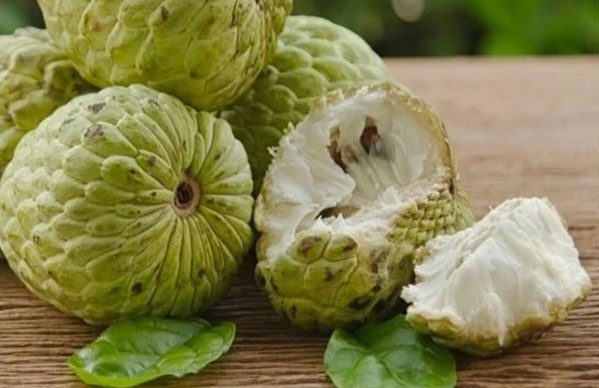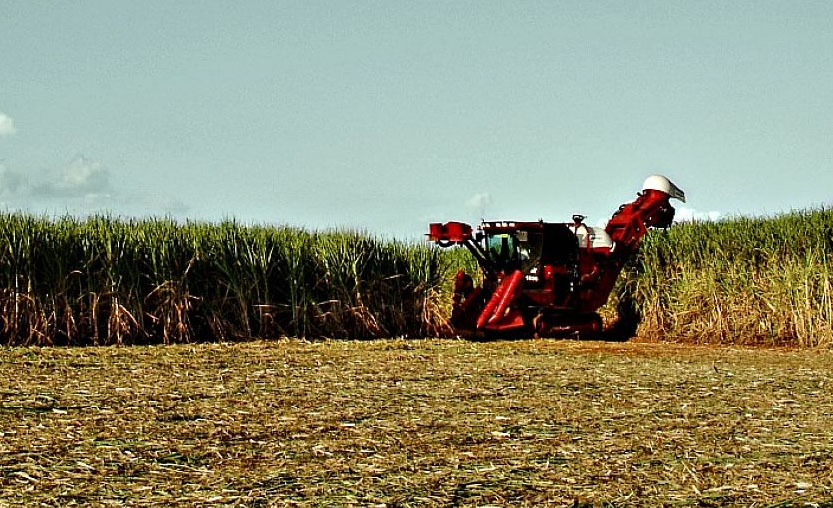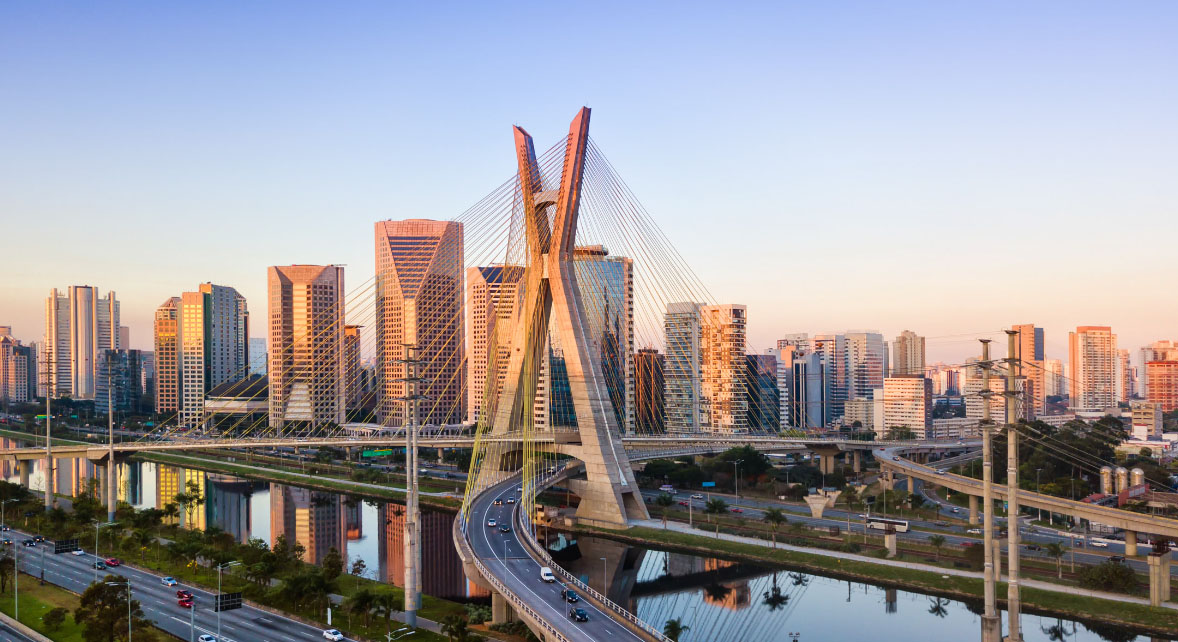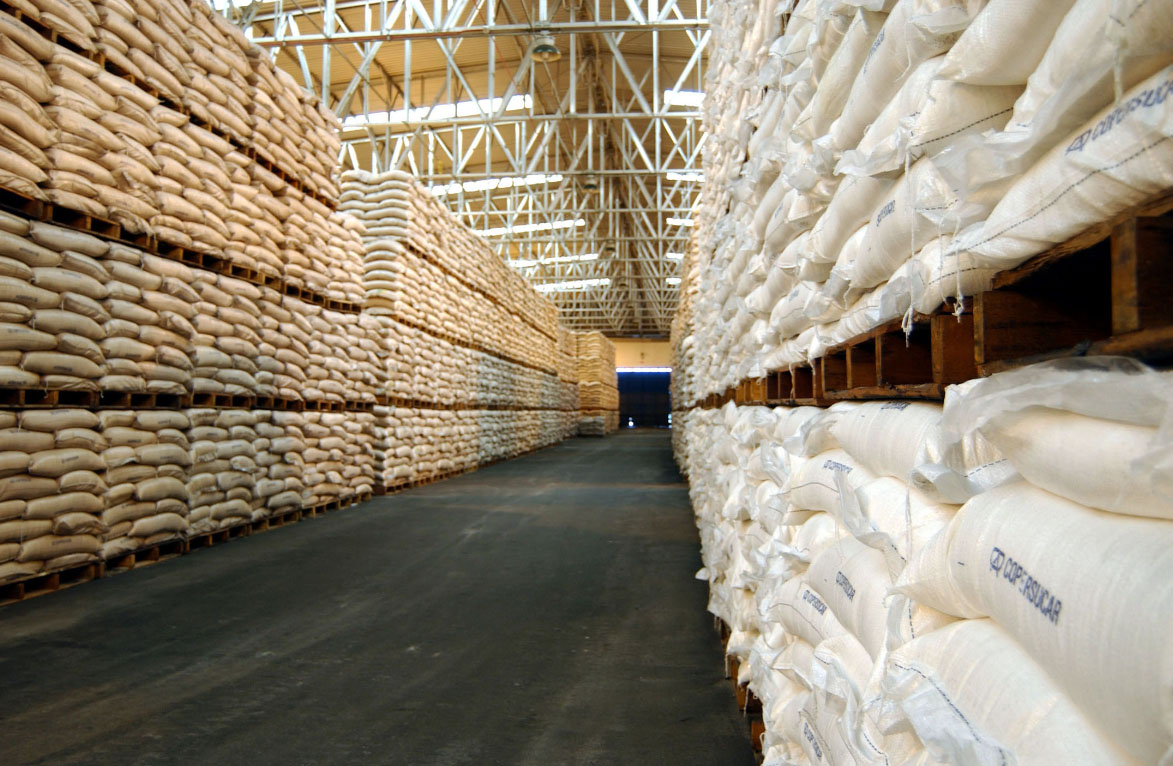Brazil,
known for its pristine beaches, lush rainforests, and vibrant culture, is also
a global powerhouse when it comes to sugar production and export. The journey
of sugar from Brazil to international markets is a fascinating tale of sweet
success. In this blog post, we will delve into the intricate world of sugar
exports from Brazil, uncovering the historical roots, economic impact, and the
crucial role Brazil plays in supplying the world with this cherished commodity.
A Sweet
Historical Journey
Colonial
Beginnings: Sugar production has been a part of Brazil’s history for centuries.
The Portuguese introduced sugarcane to the country during the colonial era,
laying the foundation for Brazil’s sugar industry.
Global
Influence: Brazil’s role in the sugar industry expanded as the country became
one of the world’s leading sugar producers and exporters. The global demand for
sugar contributed to the growth of Brazil’s sugar economy.
Key Players
in Sugar Export
Sugar Mills
and Refineries: Brazil boasts numerous sugar mills and refineries responsible
for processing sugarcane and producing a wide range of sugar products,
including white, brown, and specialty sugars.
Ethanol
Production: Brazil’s significance in the production of sugarcane-based ethanol
further enhances its presence in the global energy and biofuel markets.
Economic
Impact
Employment
and Income: The sugar export industry in Brazil provides employment and income
for a significant portion of the population. It supports livelihoods in both rural
and urban areas.
Foreign
Exchange Earnings: Sugar exports contribute significantly to Brazil’s foreign
exchange earnings. The nation’s sugarcane fields play a crucial role in
generating revenue.
Brazil’s
Global Sugar Presence
Global
Exports: Brazil consistently ranks as one of the world’s largest sugar
exporters, supplying countries across the globe with various sugar products.
Impact on
the Sugar Market: Brazil’s position as a global sugar supplier has a
substantial influence on international sugar market dynamics, affecting prices
and trade patterns.
Challenges
and Sustainability Initiatives
Environmental
Impact: Sugarcane farming can have environmental consequences, including
deforestation and habitat loss. Brazil is actively working on balancing
agricultural expansion with conservation efforts.
Sustainable
Practices: Many sugar producers in Brazil are adopting sustainable farming
practices. This includes responsible land use, reduced water consumption, and
efforts to preserve biodiversity.
The Sweet
Journey Ahead
Future
Sustainability: Brazil’s sugar industry is aligning with global efforts for
sustainability and eco-friendly practices. It is poised to play a pivotal role
in the future of renewable energy and environmentally responsible agriculture.
Market
Dynamics: Brazil’s sugar exports will continue to adapt to market trends and
changes in demand, ensuring its place as a significant player in the global
sugar trade.
Conclusion
Sugar
exports from Brazil are more than just a commodity trade; they are a testament
to the nation’s rich history and economic strength. As the world turns its
attention to sustainable practices and eco-friendly solutions, Brazil’s sugar
industry is at the forefront, leading the way towards a sweet and sustainable
future. The journey of sugar from Brazil to the world is a story of sweet
success, economic growth, and a promising path to global sustainability.







